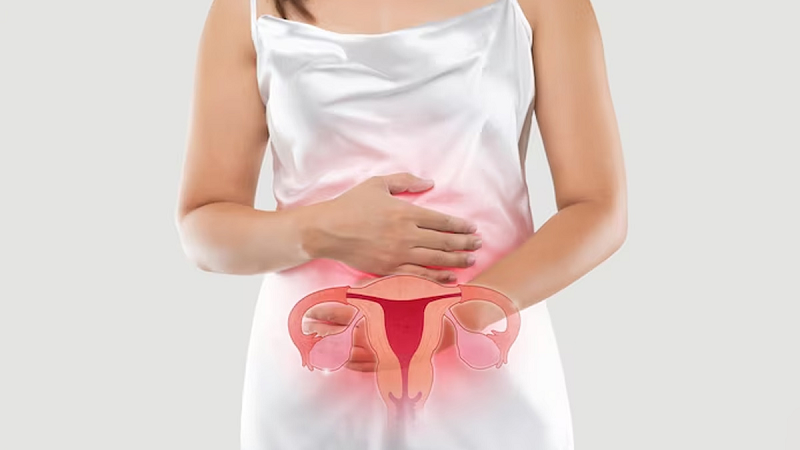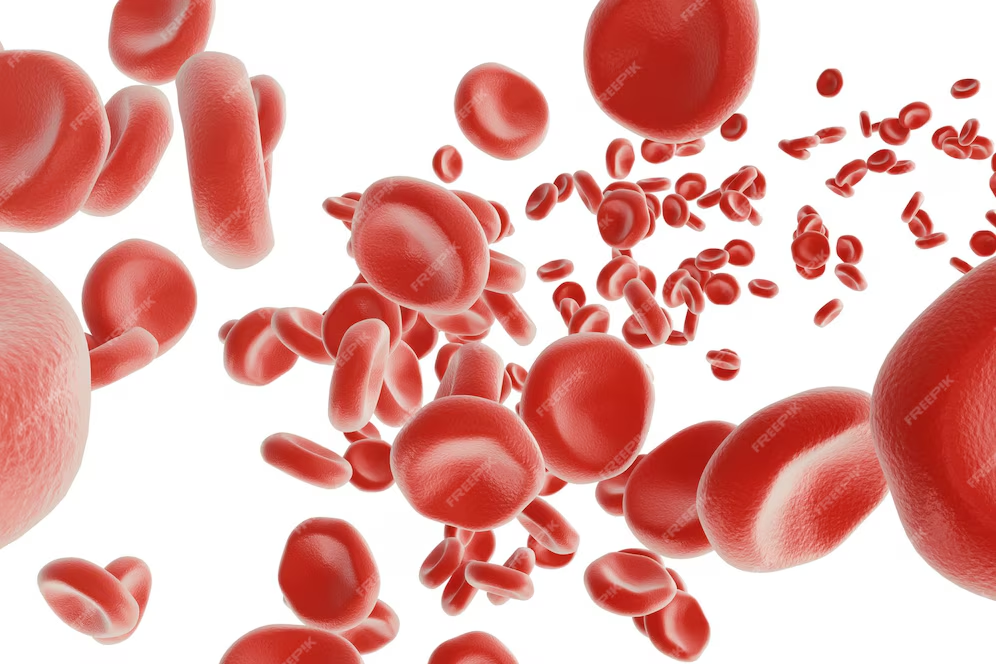PCOS i.e. Polycystic Ovary Syndrome is a health condition caused by hormonal imbalance in women. Although this condition has become quite common in today's time due to busy and irregular lifestyles, it can have many serious consequences. Because of this, the male hormone androgen increases in the body of women. Also, there is a problem with ovulation regularly in women. Because of this, the fertile health of women can be affected.

Irregular period cycles, excessive pain during periods, feeling weak, hair fall, fatigue, weight gain, and unwanted hair growth in the body, all can be symptoms of PCOS. Many changes in diet and lifestyle are necessary to reduce these symptoms. To improve these symptoms, the right level of Vitamin D is very important. What should be the level of Vitamin D, and which symptoms of PCOS can be improved by this? Know about this from the experts. Dietician Manpreet is giving this information. Manpreet has done his Masters in Nutrition from Delhi University. She is a hormone and gut health coach.
Vitamin D for PCOS

If you have PCOS, then immediately make changes in diet and lifestyle to reduce its symptoms. Its symptoms can be different for everyone. Some women with PCOS may have hair loss, weakness, fatigue, difficulty concentrating, and muscle weakness. To improve these symptoms, the level of Vitamin D in the body should be correct. Vitamin D deficiency is also very common in women and if you have PCOS symptoms along with vitamin D deficiency, then its symptoms may be more visible.
Vitamin D will improve these symptoms of PCOS
- The menstrual cycle will be regulated.
- Inflammation will be less.
- Insulin sensitivity will improve.
- Fertility will improve.
- Energy level and mood will also be good.
- Bone health will improve.
- Hair fall will be less.
- There will be strength in the muscles.
- Immunity will be boosted.

How much Vitamin D should be there in women?
If you have Vitamin D 30-100 ng/mL in your body, then it is perfect. At the same time, having 10-30 ng/mL Vitamin-D is considered low and if it has become less than 10 ng/mL, then you should pay attention to it immediately. Its consequences can be serious. Just as Vitamin-D deficiency is not good; having more than 100 ng/ml of Vitamin-D can also is harmful.
How to increase the level of Vitamin D?
- Sunlight is the best source of vitamin D deficiency, so stay in the sunlight for at least 15-20 minutes in the morning.
- It is an essential micronutrient. It is also necessary to include it in the diet.
- Desi ghee, butter, dry fruits, nuts and dairy products are good sources of it.
- Daily exercise is also necessary to meet the deficiency of Vitamin D.
- If the level of Vitamin D in the body is very low, then along with the diet, you can also take supplements on the advice of an expert.
Image Credit: Freepik










